The Dysautonomia Project is a non-profit collaborative effort of volunteer healthcare providers, patients, and community leaders working together to bridge the gap between what autonomic specialists know and what community-based providers and patients need to know.
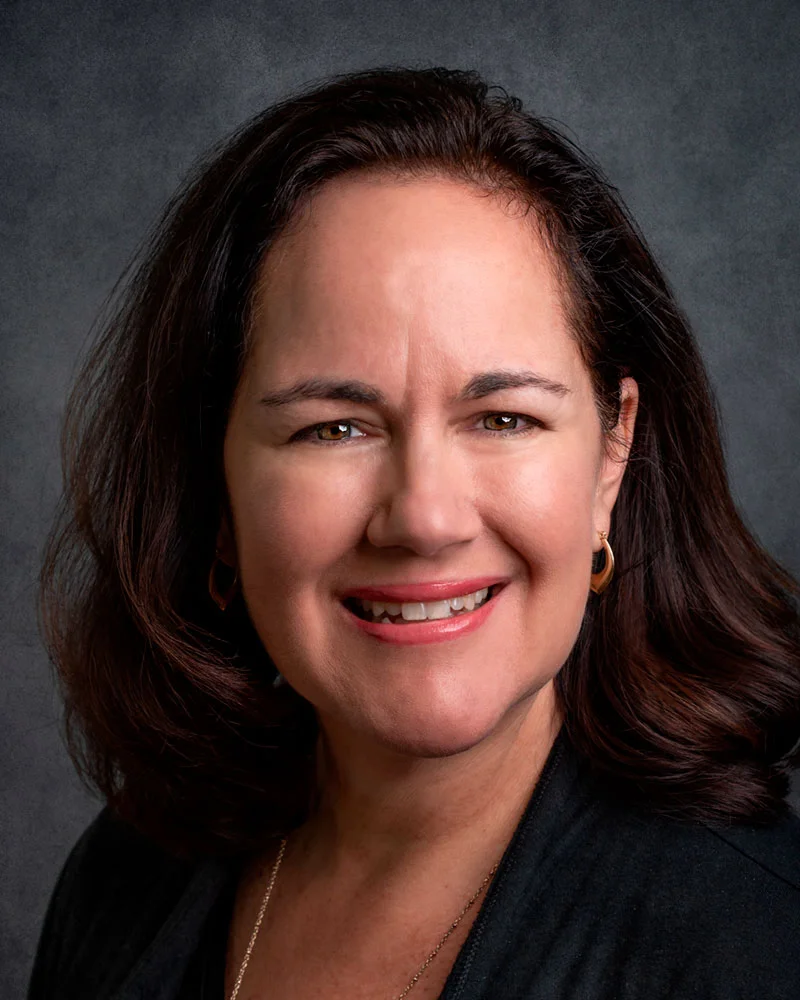
Kelly Freeman was an active businesswoman and mother of four when a routine dental procedure left her mysteriously and completely debilitated. Not one local doctor could offer her help, so she scoured the country looking for answers. She spent seven years mostly in bed, having been a patient in several of the nation’s top hospitals.
In 2011, a visit with Dr. Randy Thompson in Pensacola changed everything. Until that appointment she’d felt completely alone. She describes the feeling as being “the luckiest patient in the world” for finding the information imparted to her that day. She felt it was a travesty that no doctors in our area could diagnose, let alone treat her. Dr. Thompson spent five hours with her in that first appointment where he said, “nothing you say about your symptoms will surprise me.” He taught Kelly about autonomic problems and what could be done to better manage symptoms. She never dreamt such an opportunity was even possible. On the drive home from that appointment all she could think about was how other people needed this experience and how THERE IS HOPE THROUGH EDUCATION. This birthed TDP and its mission.
Kelly went on to co-author a book with Dr. Randy Thompson and Dr. David Goldstein the head of autonomic medicine at the NIH while mostly bedridden: “The Dysautonomia Project: Understanding Autonomic Nervous System Disorders for Physicians and Patients.” Her dedication led her to also co-found a grass roots non-profit, The Dysautonomia Project (TDP), in 2014 with family and friends. This mobilized community leaders to serve on the board and partner in the mission. TDP’s work has changed the average time of diagnosis from six years to just several months in Tampa Bay, bringing hope and saving lives. It has also reached around the globe through its book and its on-line presence – from Clearwater to the Czech Republic people have credited TDP for bringing hope through education.
What began as a grass-roots initiative with a handful of committed community leaders in 2014, is today the global leader in dysautonomia education. TDP has a unique, laser-focused mission of dysautonomia education because we believe education is the number one treatment.
Our programs and initiatives are as unique as our mission. They range from our award-winning book (Get a Book) The Dysautonomia Project, which remains the cornerstone of our mission, to the first ever free, online video library (Autonomic Education) connecting the world’s leading specialists to providers and patients anywhere. The Residents Course mini fellowship, presented in partnership with the American Autonomic Society, is the first program of its kind exponentially increasing the number of doctors able to diagnose and treat dysautonomia.
Our team is dedicated to helping healthcare professionals, patients and communities learn about dysautonomia.
TDP is governed by a dedicated and engaged Board of Directors. These exceptional community leaders are committed to furthering TDP’s mission.
Community volunteers that share their professional expertise to benefit TDP’s activities.
Physicians, nurses, and other healthcare providers who champion TDP’s mission, build connections within the medical community, present educational programming, and/or consult with TDP as requested.
*TDP Medical Advisors are, at minimum, a member of the American Autonomic Society and/or UCNS Board Certified in Autonomic Medicine and/or meet similar qualifications in their sub-specialty.
Physicians, nurses, and other healthcare providers who champion TDP’s mission, build connections within the medical community, present educational programming, and/or consult with TDP as requested.
*TDP Medical Ambassadors may specialize in other fields but have interest in dysautonomia and diagnose / treat dysautonomia patients.

MD, FAAP
Pediatrician
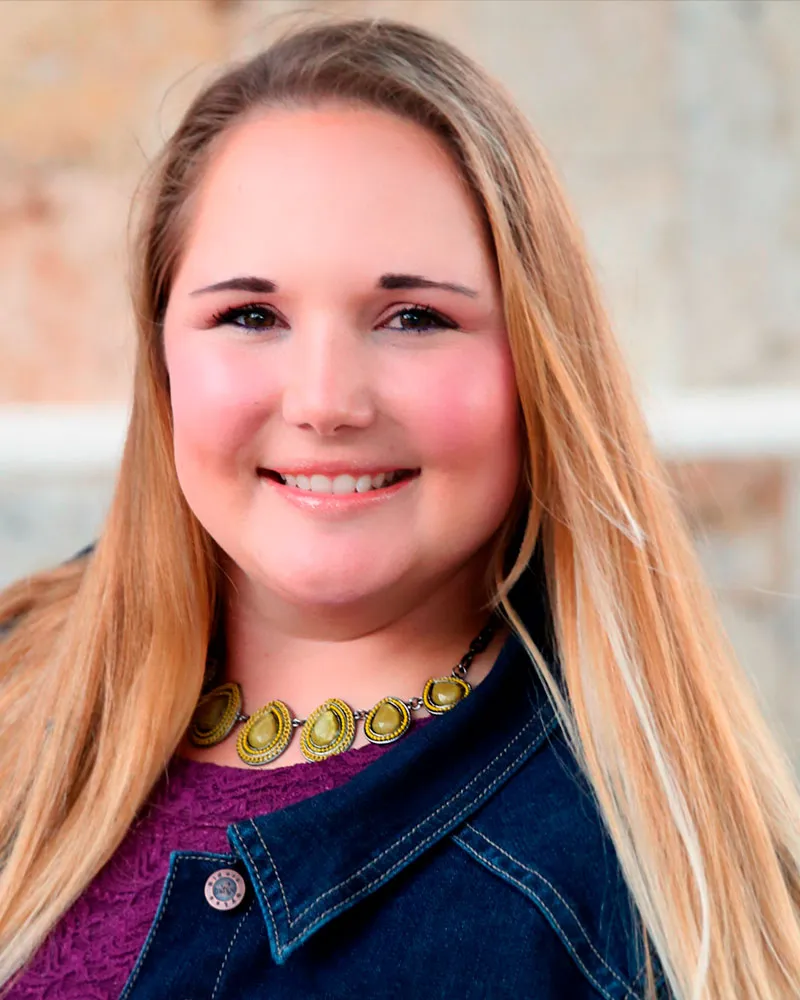
DNP, APRN, CPNP-PC
Asst. Professor, Univ of Tampa Dept. of Nursing

MD
Neurologist
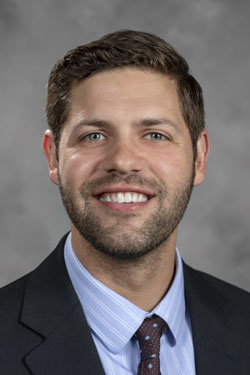
PhD, BCB, ABPP
Pediatric Psychologist

MD
Cardiologist
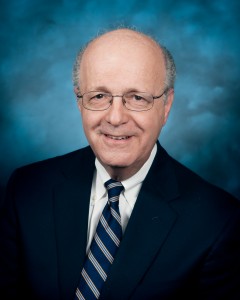
DO, MPH, MACOI, FCCP
Pulmonologist

MD, FACC
Cardiologist
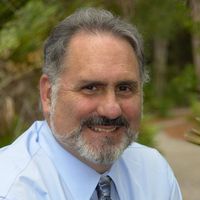
MD
Internal Medicine, Dysautonomia Specialist

MSN, APRN, CNM, C-EFM
Maternal Fetal Medicine
MSN, APRN, FNP-BC
Acute Pain Management

APRN
Cardiology
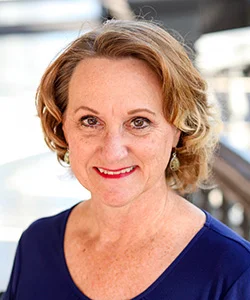
DNP, APRN, FNP-BC
Asst. Professor, Univ of Tampa Dept. of Nursing
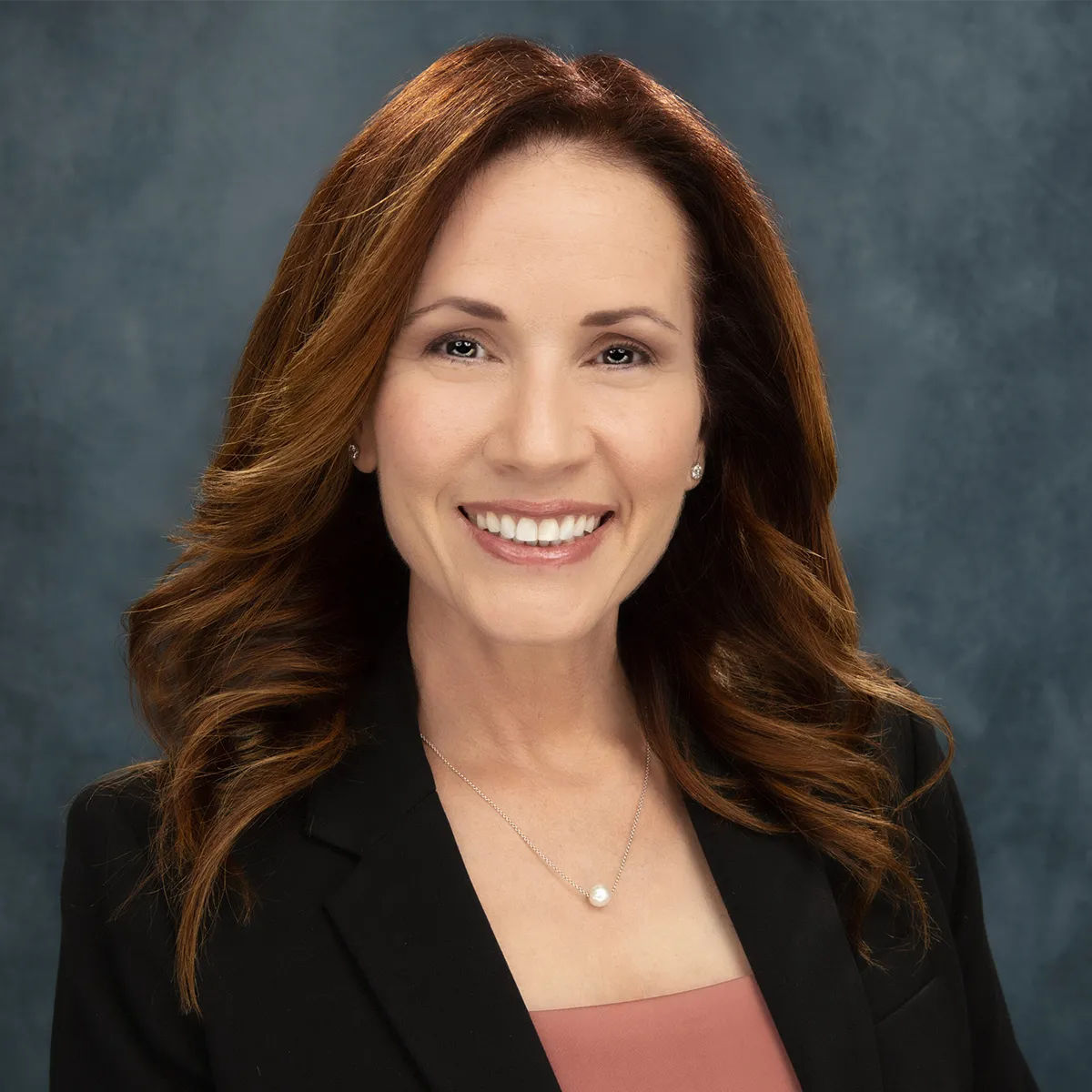
Executive Director
Alexandra has been an integral part of TDP’s growth and management since its beginning. She is a founding board member, serving as a board officer since TDP’s inception in 2014. Most recently, she was the Board President in 2022. Alexandra has been involved in Tampa Bay nonprofit work since the 1990’s, working with organizations including The Children’s Home Inc., The Florida Orchestra and the Hillsborough Education Foundation. She is an alumna of the University of South Florida and a longtime resident of Tampa Bay where she has volunteered in many capacities lending her public relations and fundraising skills.
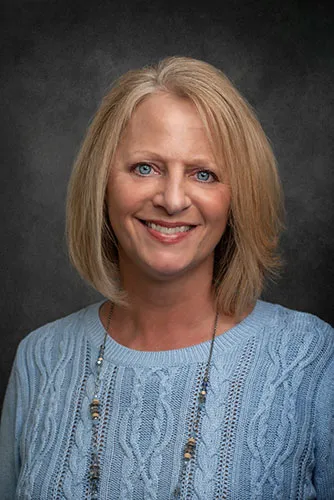
Director of Education
Cheryl joined The Dysautonomia Project in 2015 and has been integral to its growth. She understands first-hand how debilitating dysautonomia symptoms can be by witnessing TDP Founding Director Kelly Freeman’s health decline. Cheryl’s deep passion to help fulfill TDP’s mission to educate healthcare professionals, patients, and communities about dysautonomia pairs perfectly with her long-standing professional experience as an educator.
As TDP’s Director of Education, Cheryl works in all facets of educating communities – from school district nurses to free clinics, national medical conferences to grand rounds – to bring life-changing dysautonomia awareness. Cheryl is an alumna of George Mason University and enjoys participating in outdoor activities, traveling, baking, volunteering in the community, and spending time with family.
Email: cheryl@dysproject.org
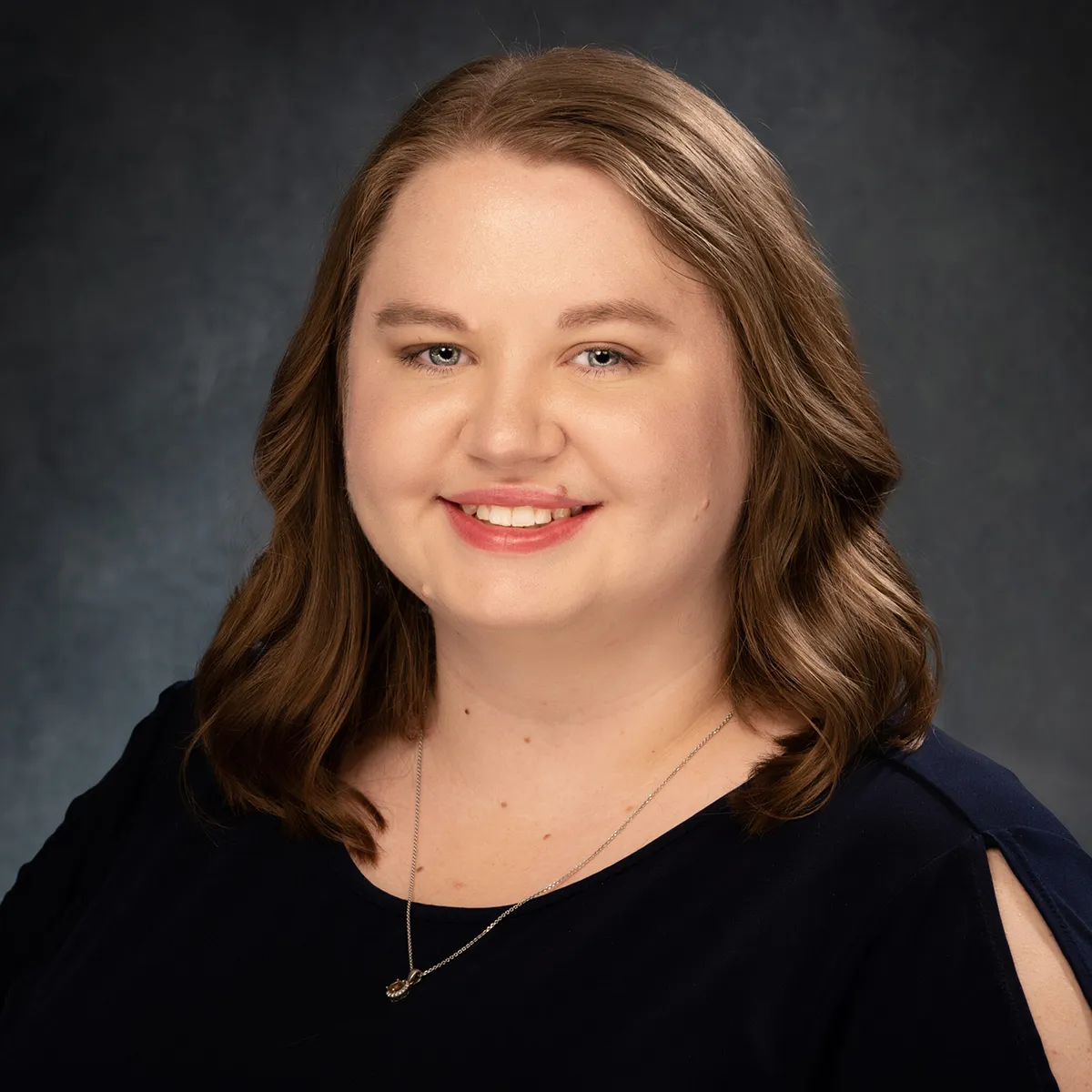
Development and Events Associate
Ashleigh received her Bachelor of Social Work from the University of South Florida in 2017. She then went on to receive her Master of Social Work with a concentration in Social Innovation and Change from the University of Southern California in 2018. As a social worker, Ashleigh believes in being a voice and change agent that helps individuals, organizations and communities thrive. Ashleigh joined TDP as the Development and Events Associate in February 2022. She comes from a local veterans’ nonprofit and brings with her a tremendous passion for nonprofit work, as well as fundraising, grant writing and event planning knowledge. In her free time, Ashleigh enjoys traveling, reading, and watching baseball.

Founding Director
Kelly Freeman is the Founding Director of The Dysautonomia Project and co-author of The Dysautonomia Project Book. Kelly, a dysautonomia patient herself, aims to transform the care of patients with dysautonomia through the education of physicians, patients, and community leaders with the mission of speeding time to diagnosis, proper assessment, and treatment of patients in community-based clinics and hospital settings around the world.
After realizing that medical professionals in her own community were lacking knowledge about dysautonomia, Kelly set out to create awareness and education on the community level. This is when The Dysautonomia Project was born. What started as a small vision in May of 2014, has now grown into a large mission to educate our community-based medical professionals and reduce diagnosis time from 6 years to just 15 minutes. Through the distribution of The Dysautonomia Project Book and participation in various community educational events, Kelly Freeman is changing how doctors approach autonomic disorders each and every day.
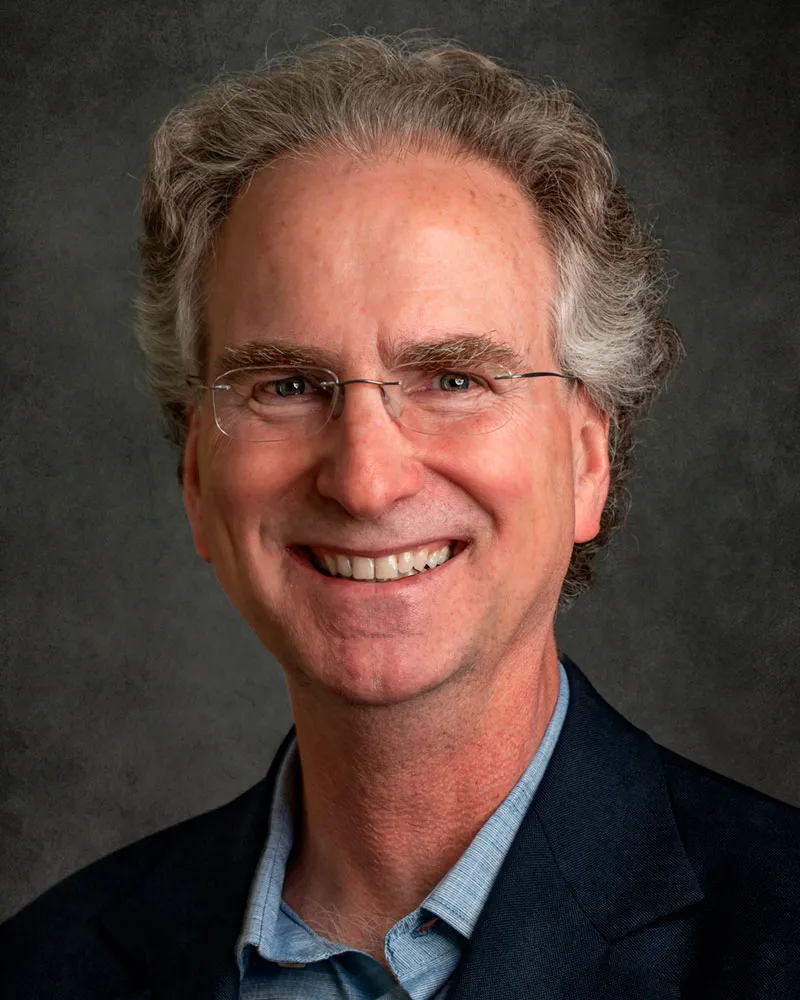
President
Hunt Brand is Chief Operating Officer (COO) for Network People with over 30 years’ experience driving technology roadmaps, developing innovative secure systems, managing security, and streamlining operational processes. Hunt served his local community as Commissioner and Mayor of The City of Belleair Bluffs where he repaired relationships, improved partnerships and was known as the voice of reason. He was honored to join the TDP board of directors to help with online messaging and support systems to support our mission in 2018.
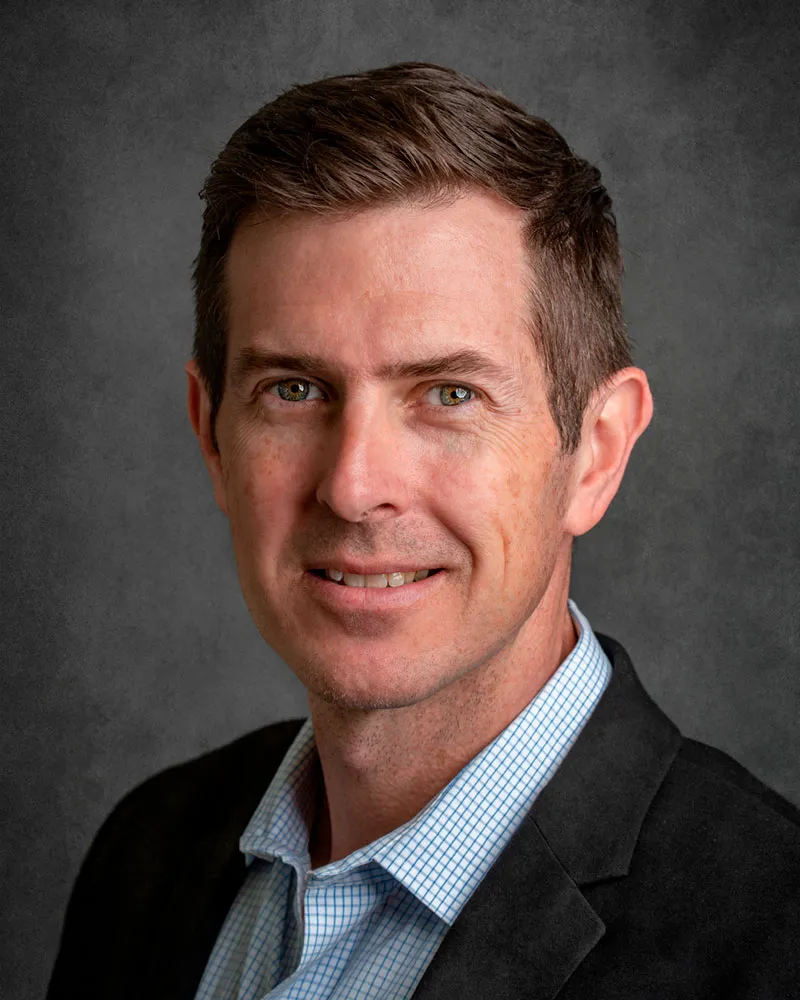
Vice President
Jason Jensen, AIA, LEED AP, joined Wannemacher Jensen Architectural Firm in 2002. After gaining experience in New York City, he returned to St. Petersburg with a goal to innovate architecture for this generation in the Tampa Bay area.
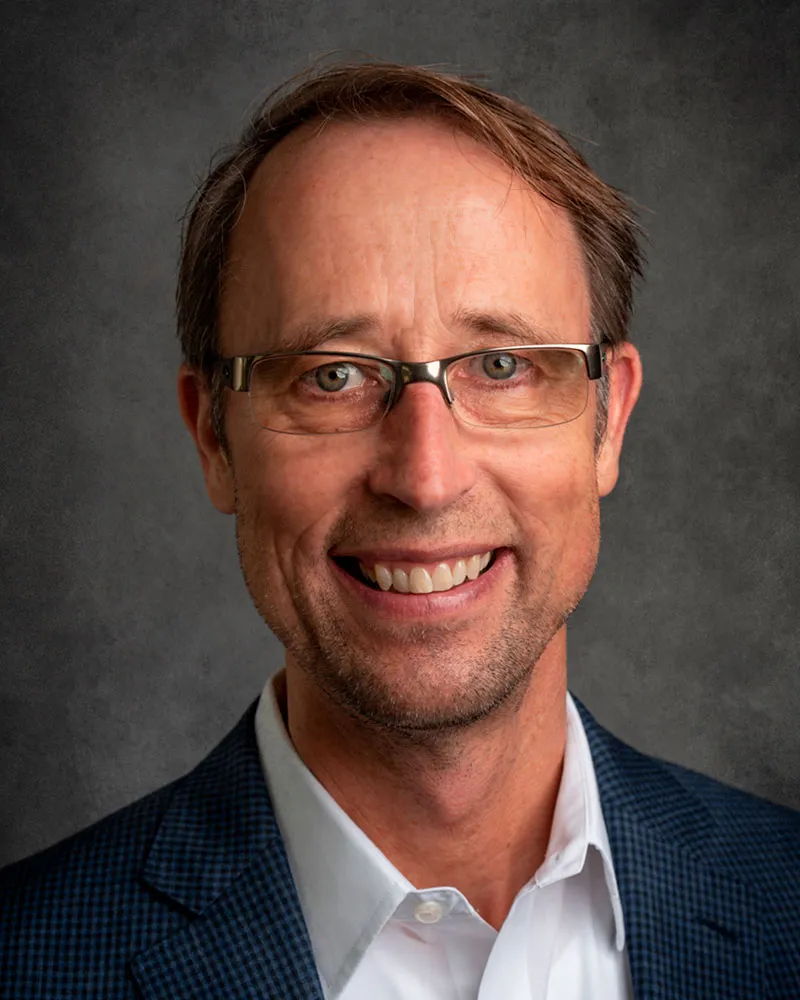
Treasurer, Past-President
Nate and Kelly Freeman founded Network People, Inc. in 1996, a company that specializes in IT security/management and website digital marketing. Nate is the president of Network People. He holds a bachelor’s degree from Willamette University in Business Economics. He co-founded The Dysautonomia Project with Kelly in 2014 and has served as its president and currently serves as Treasurer. Nate serves on the board of the Joseph F. Cornelius Foundation as Treasurer. He and Kelly are passionate about building and strengthening marriages and currently serve as leaders in a marrieds ministry at church. He is also an active alumni member of Leadership Pinellas. Previously, Nate served on the board of the ARC Tampa Bay Foundation and as the Technology Advisory Board of the YMCA.
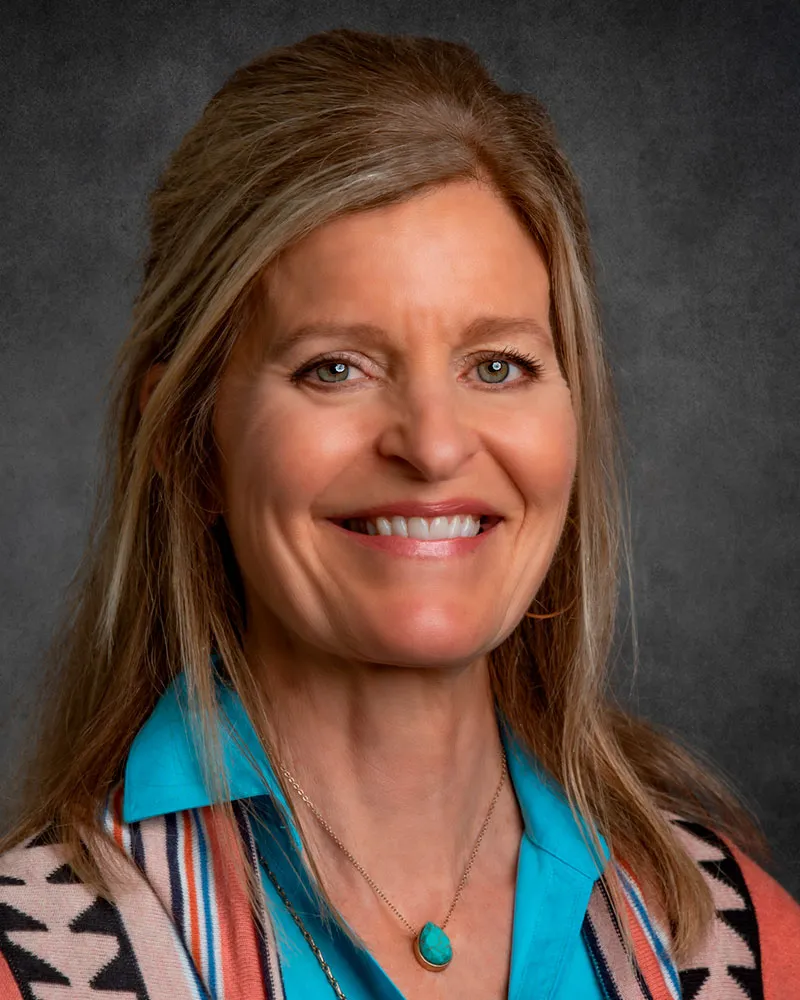
Secretary
Beth Pike became involved with The Dysautonomia Project when her daughter, at age 25, became acutely ill. Her daughter spent more than 60 days in 2 hospitals trying to figure out what was wrong with her, and why she was so desperately ailing. Her daughter is still currently a research patient at the NIH hoping to shed light on the autonomic nervous system for others. Her professional career as a physical therapist assistant for over 25 years serves her in educating patients about Dysautonomia and what’s happening to their bodies. Patients need safe and manageable exercise protocols to improve their overall health and mental wellbeing . Beth serves as Secretary of TDP and on the board of directors in order to help create hope for dysautonomia patients, and their families, so they won’t have to go through the despair and isolation that her family has suffered
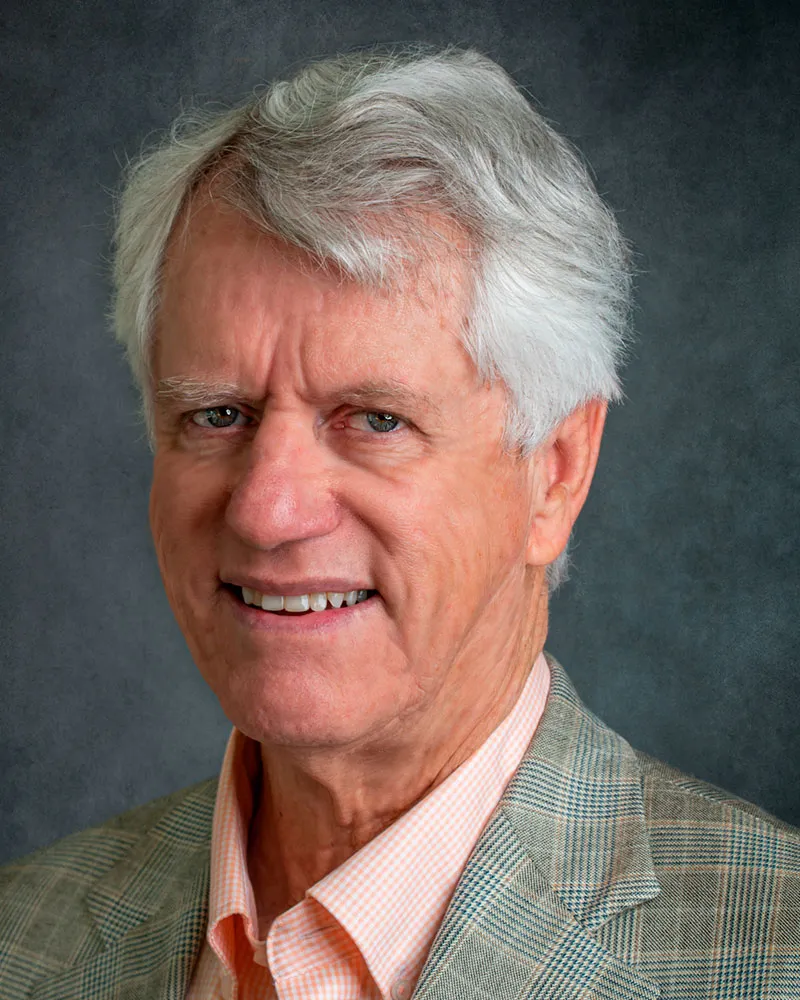
Past-President
Mr. Ward received a B.S.A. in 1970 and a J.D. in 1973 from the University of Florida. A native of Tampa, Florida, Mr. Ward has been involved in many professional and community activities since moving to Clearwater, having served on organizations, including the Clearwater Bar Association, the American Bar Association Real Property, Probate and Trust Law Division, American Bar and Florida Bar Young Lawyers Divisions. Mr. Ward is a former President of the Pinellas Real Estate Law Council and Past Chairman of the Greater Clearwater Chamber of Commerce, the Pinellas County United Way and the United Way of Tampa Bay. Mr. Ward has lectured frequently regarding real property and condominium law. His practice includes real estate, corporate, condominium, commercial, banking, wills and trusts and general law.
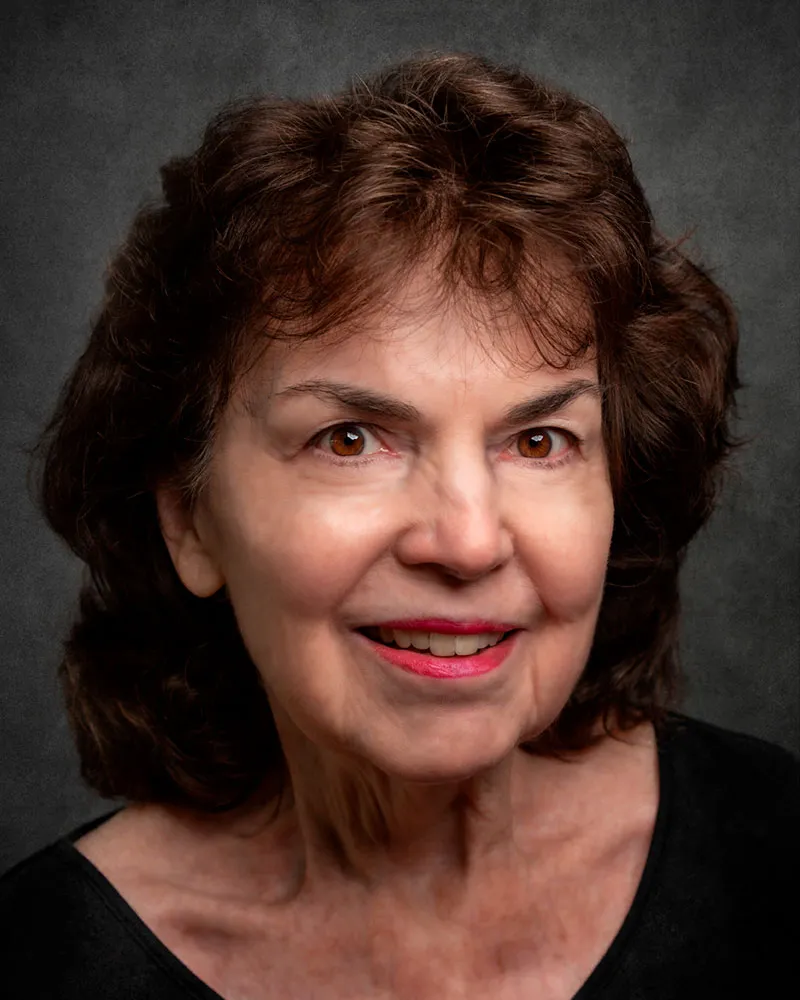
Past-President
A founding director of TDP, Karen brings a wealth of leadership and fundraising experience to the board. She has served as TDP’s president and is the immediate past president of the Joseph F. Cornelius Family Foundation; past president of the Junior League of Clearwater/Dunedin; past president of Suncoast Family YMCA; past president of St. Paul School Parents’ Association; past president of Tri Delta Clearwater Alumnae Association. Karen’s professional experience includes her roles at Executive Director of UPARC Foundation (now ARC of Tampa Bay Foundation) and Executive Director of the Florida Blood Services Foundation. Additionally, she has served on the boards of the Salvation Army Advisory Board; Isaiah’s Inn; Leadership Pinellas; Leadership Tampa Bay; Church of the Ascension Vestry; Morton Plant Community Affairs; Clearwater Library Foundation; UPARC Foundation; American Red Cross; Florida Prostate Cancer Center Network; Association of Fund-Raising Professionals and Carlouel Yacht Club.
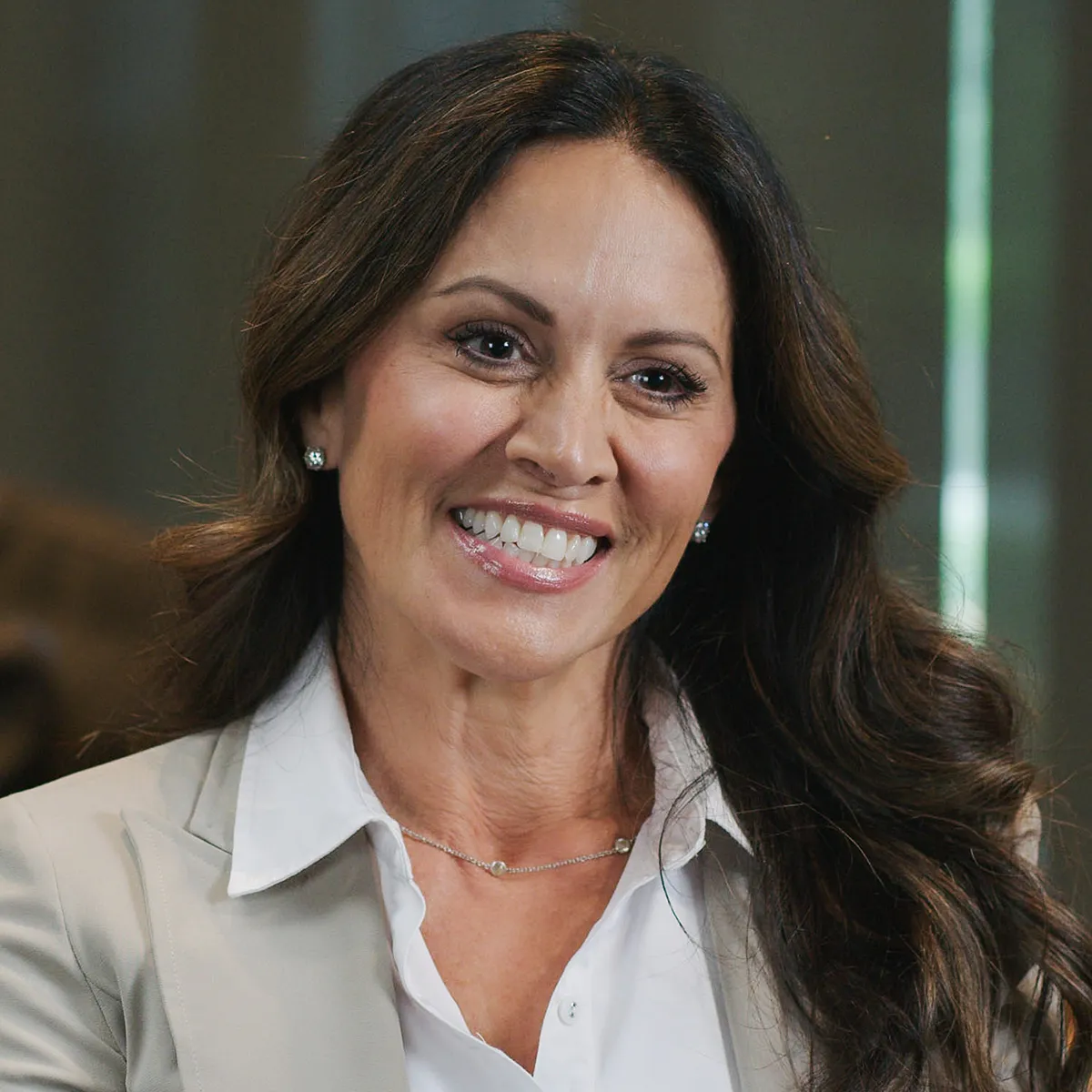
Board Member
Angela is an imaginative master fundraiser who has served the community for more than three decades as a volunteer. Many millions have been raised benefiting local private schools through her creativity, organizational and management skills which she’s used to mobilize committees and rally donors. In 2019, Angela joined the TDP board and chaired the Under The Umbrella Gala – which was her creation. The event was wildly successful, raising more than $500,000, catapulting TDP’s mission to new heights. Angela knows firsthand the hardships dysautonomia patients endure, as her daughter suffered through misdiagnosis for years. Through TDP her daughter found answers, spurring her on to provide the same for the many others searching for information and understanding.
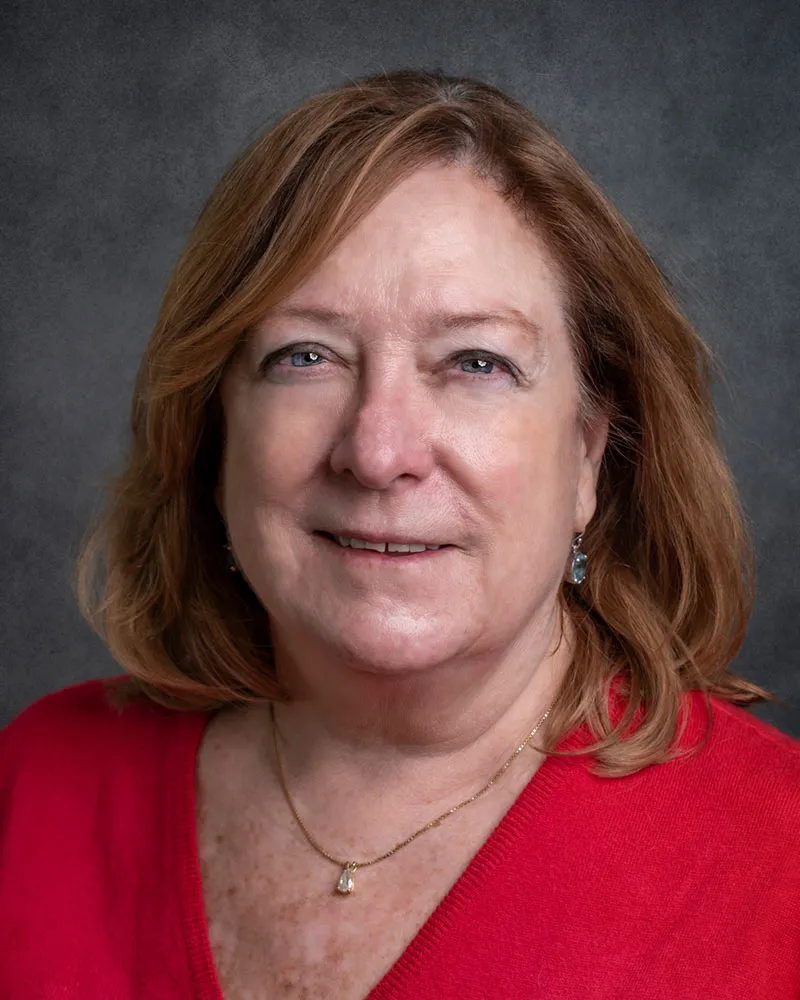
Board Member
Susan Jinks is an Associate at Coldwell Banker Real Estate. She has personal experience with dysautonomia patients in her family and among her close friends. Susan joined TDP’s board in 2017. She has been a tremendous asset to TDP for organizing and hosting events and recruiting volunteers through her vast network of community connections.
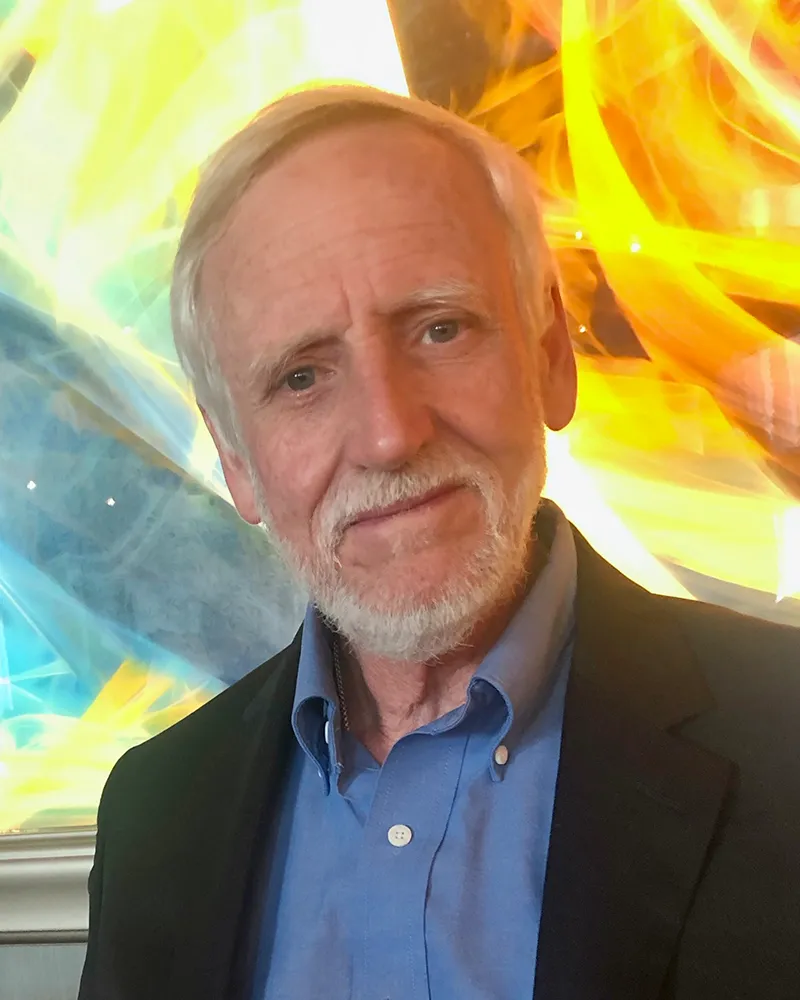
Board Member
Reverend John Hiers retired as rector for the Church of the Ascension in 2020. He has served his community as an Episcopal priest for over 40 years. John joined the board of TDP in January 2022 to help the organization connect with key supporters in the community to further TDP’s mission.
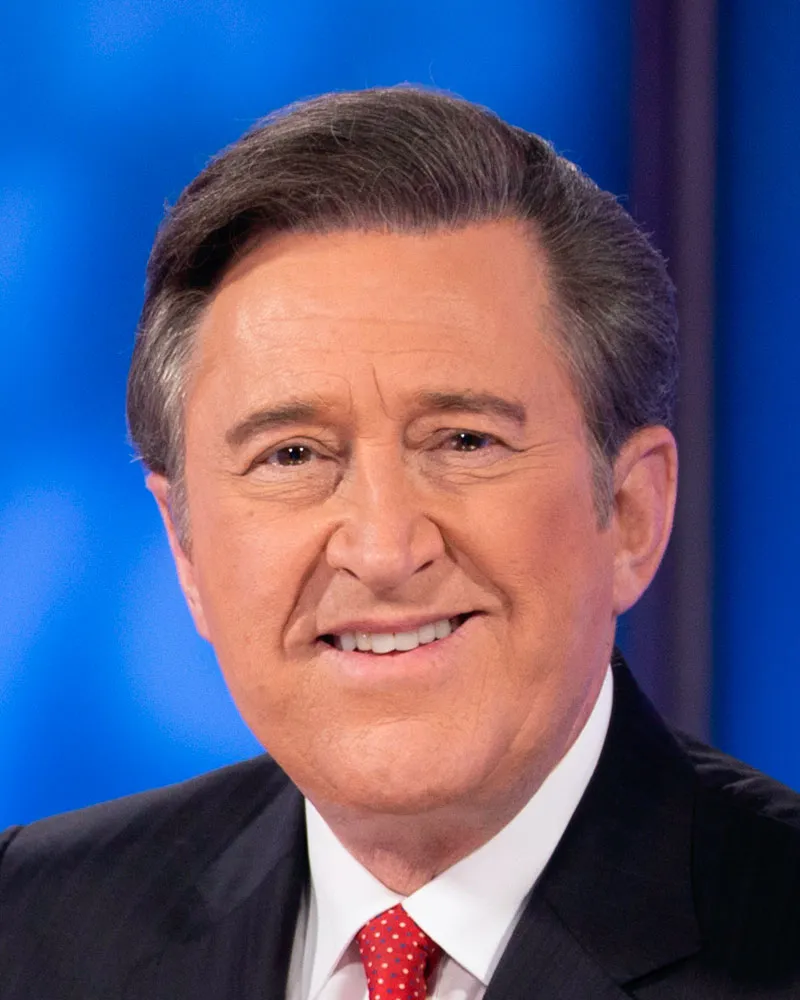
Board Member
Al Ruechel, a graduate of Iowa State University, is a retired Television News Anchor from Bay News 9 serving the greater Tampa Bay area. He has been reporting and anchoring for more than 50 years, 34 of those years in the Tampa Bay area, interviewing literally thousands of newsmakers, politicians, subject matter experts, and even 6 presidents, and numerous presidential candidates
He has won dozens of anchoring and reporting awards working in Ames, Iowa, St. Louis, Missouri, Fort Myers, Florida, Albany, New York, and Tampa. He’s been awarded the Florida Medical Communicators Award two years in a row as well as 4 Emmy Awards for investigative and live on-air anchoring. He also volunteers at many of the Bay Area social service agencies as well as being on the Worship Team at his local church. He also hosts a bi-weekly interview segment on WPDS with Pinellas County School officials.
Al became involved with TDP through his friendship with Kelly and Nate Freeman. His background in short and long form interviewing made him a natural choice for leading the video discussions on our website.
He’s been married to the love of his life, Jennifer, since 1976. They have four children and 12 grandchildren, so far.
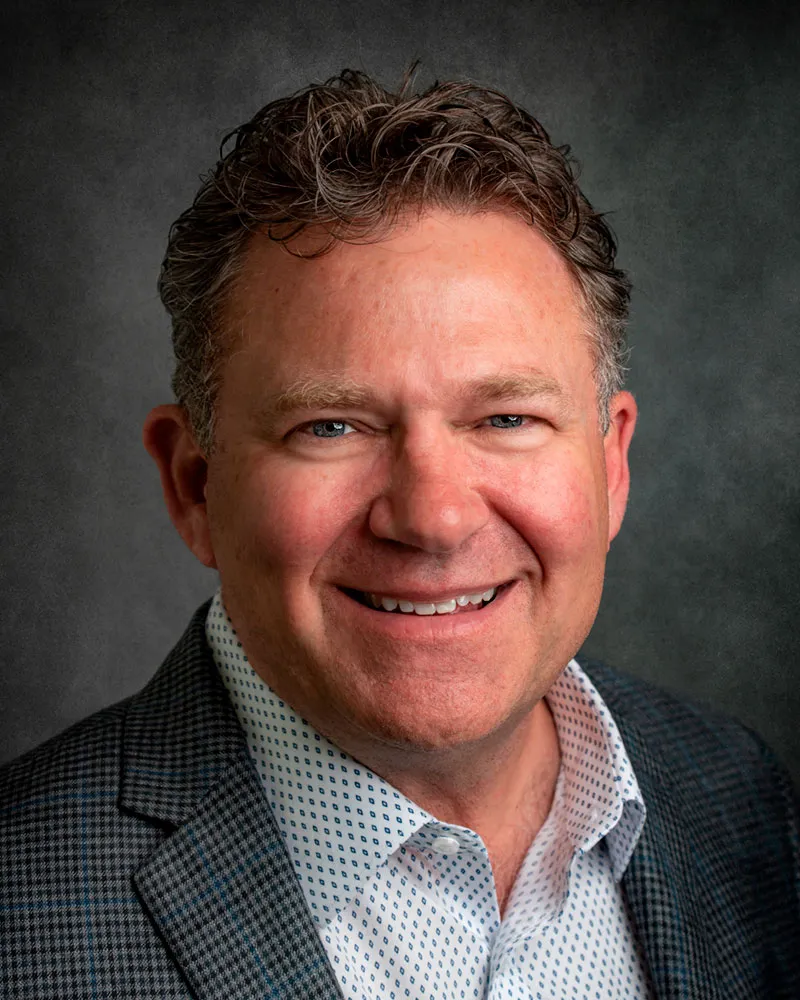
Advisor
Terry Igo joined The Sanibel Captiva Trust Company at its inception in 2001 on Sanibel Island. He was instrumental in growing the initial client asset base, (now more than $2 billion), followed by a successful expansion into Naples and then to the Tampa Bay region in 2010. Since assuming the CEO position in 2013, Terry has grown the Florida footprint to also include Belleair/Clearwater and Tarpon Springs. In addition to directing company-wide operations, Terry serves as a member of the Asset Management Committee, the Risk Management Committee, Strategic Planning, and the Board of Directors.
He has served as advisor to many Florida non-profit organizations, assisting with capital and planned giving campaigns; increasing awareness of philanthropic giving. Terry currently serves on the Straz Center for the Performing Arts Board of Trustees and is a member of the CEO Council of Tampa Bay. He is also past chairman and founder of the Go Red for Men of Tampa Bay – American Heart Association, and a past trustee of Hodges University. He and his family resided on Sanibel-Captiva Islands and Fort Myers for 20 years before relocating to Tampa Bay in 2013.
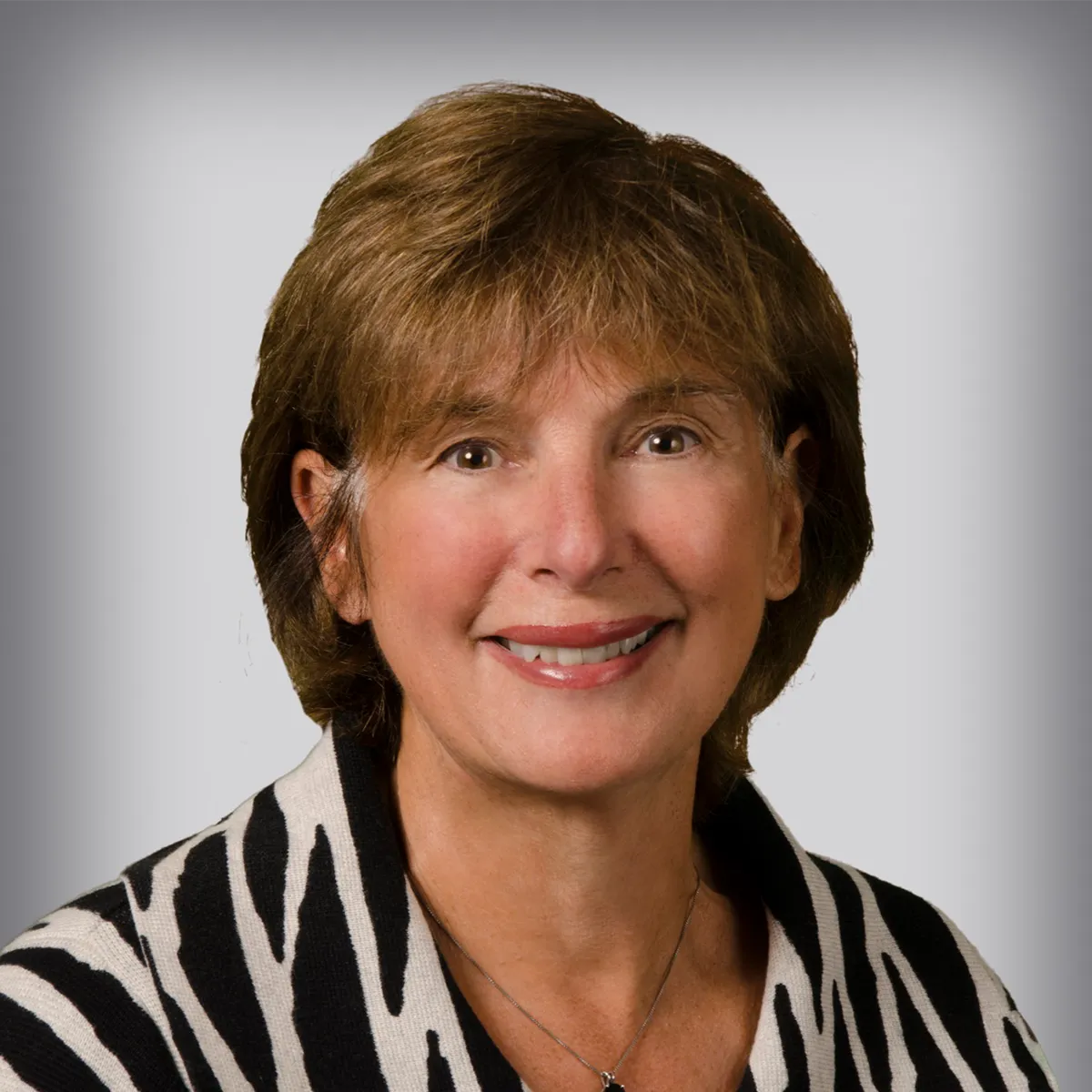
Advisor
Susan Rolston has more than 30 years’ experience leading high-performing organizations in public education and the nonprofit sector. For more than a decade, she was the Chief Executive Officer of Big Brothers Big Sisters of Pinellas County. Under her leadership, the organization expanded its donor base, increased its budget through diversified revenues, and ultimately improved the lives of 300% more children. After leading a highly successful merger with Big Brothers Big Sisters of Tampa Bay, she retired in 2014. Post retirement Susan traveled the country conducting agency audits for Big Brothers Big Sisters of America. Prior to her work with Big Brothers Big Sisters, Susan administered the Pinellas County Schools’ community involvement and school-based volunteer programs.
A longtime Pinellas resident, Susan has served in numerous public service and volunteer capacities. In 2015, she was appointed to the Juvenile Welfare Board by Governor Rick Scott and currently serves as Immediate Past Board Chair. She also served on the Board of Directors for the Early Learning Coalition of Pinellas County, Sixth Judicial Circuit Florida Bar Grievance Committee, and United Way Suncoast’s Community Impact Committee. Her most recent leadership appointment is with The Florida Bar’s Citizens Advisory Committee.
Susan’s adult daughter, Jayne took years to confirm a diagnosis of POTS and Mast Cell Activation. Jayne, like Kelly, is married with two teenage children; managing the chronic illness while helping to maintain a quality of life for Jayne’s family is a priority for Susan. After connecting with Kelly for guidance to help her family navigate the challenge of an accurate diagnosis and treatment plan, Susan has remained connected to TDP as a donor.

Advisor, CPA

Advisor

Advisor

Neurologist
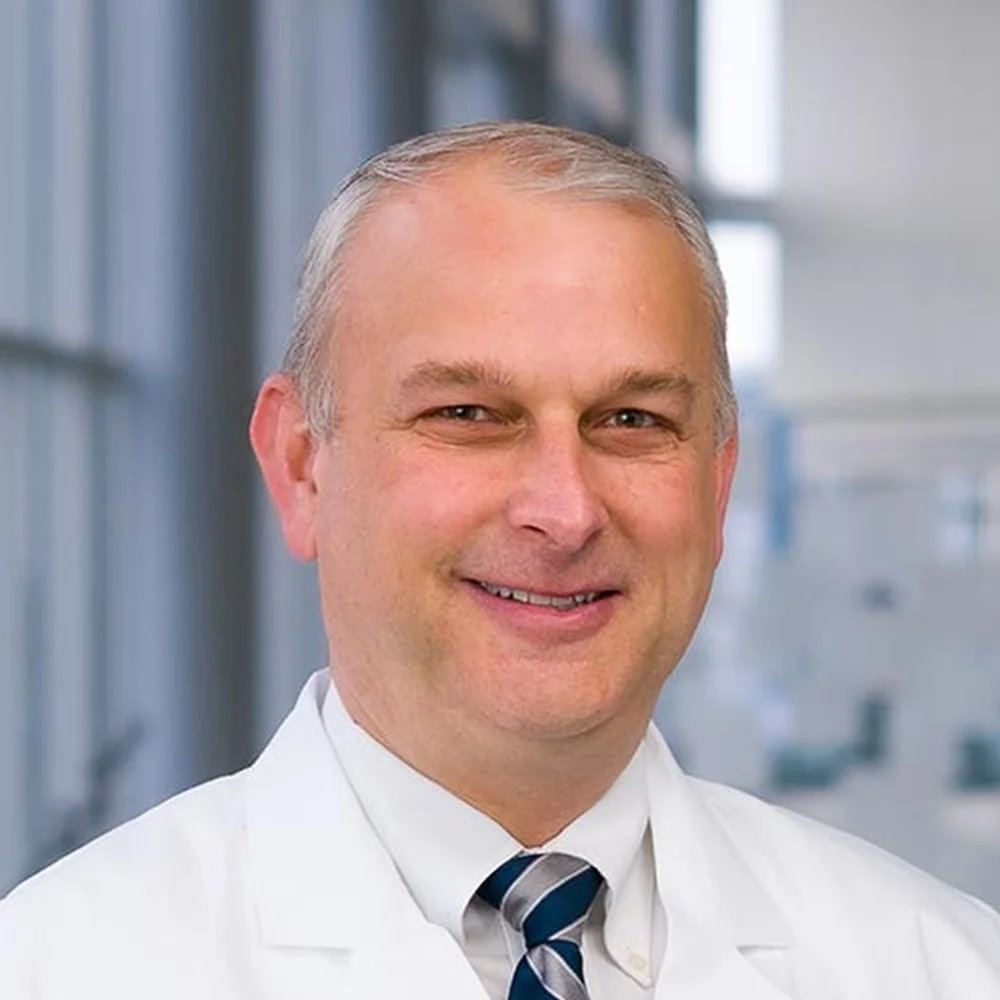
Neurologist

Neurologist
Subspecialization in neuromuscular and autonomic disorders
Assistant Professor University of Texas at Tyler
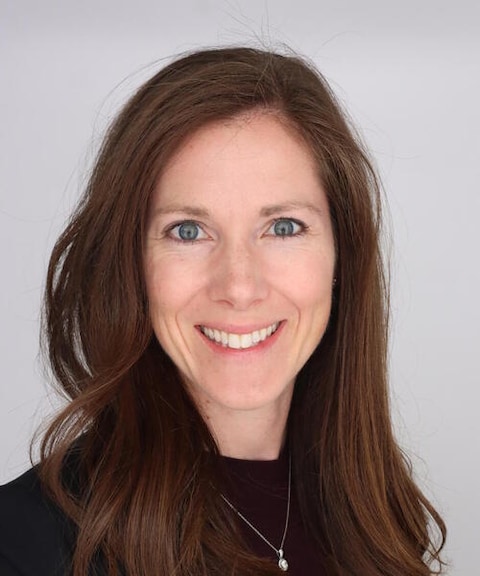
Pediatrician
Assistant Professor of Pediatric and Adolescent Medicine
Mayo Clinic Children’s Center
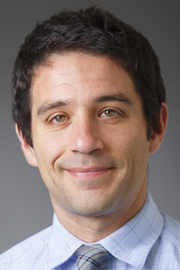
Neurologist
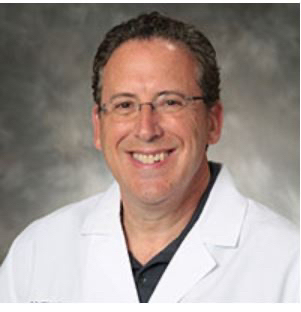
Cardiologist
Director Autonomic Disorders Division and Autonomic Lab

TDP Medical Ambassador
Dr. Bryant is an Assistant Professor at the University of Tampa, Department of Nursing, and a pediatric Nurse Practitioner with over 12 years’ experience. She took her expertise on the road in November of 2021 as the owner of Dr. Joonie’s Examinavan. Dr. Bryant trains her nursing students in autonomic disorders from both professional and personal experience, having identified symptoms in her grade-school-age son. She gives educational presentations on behalf of TDP at local, state and national nursing conferences and trainings. She joined TDP’s board of directors in 2020.
Some links and features may not work immediately. All links and features will be actively working in the next 24-72 hours. Thank you for your patience.
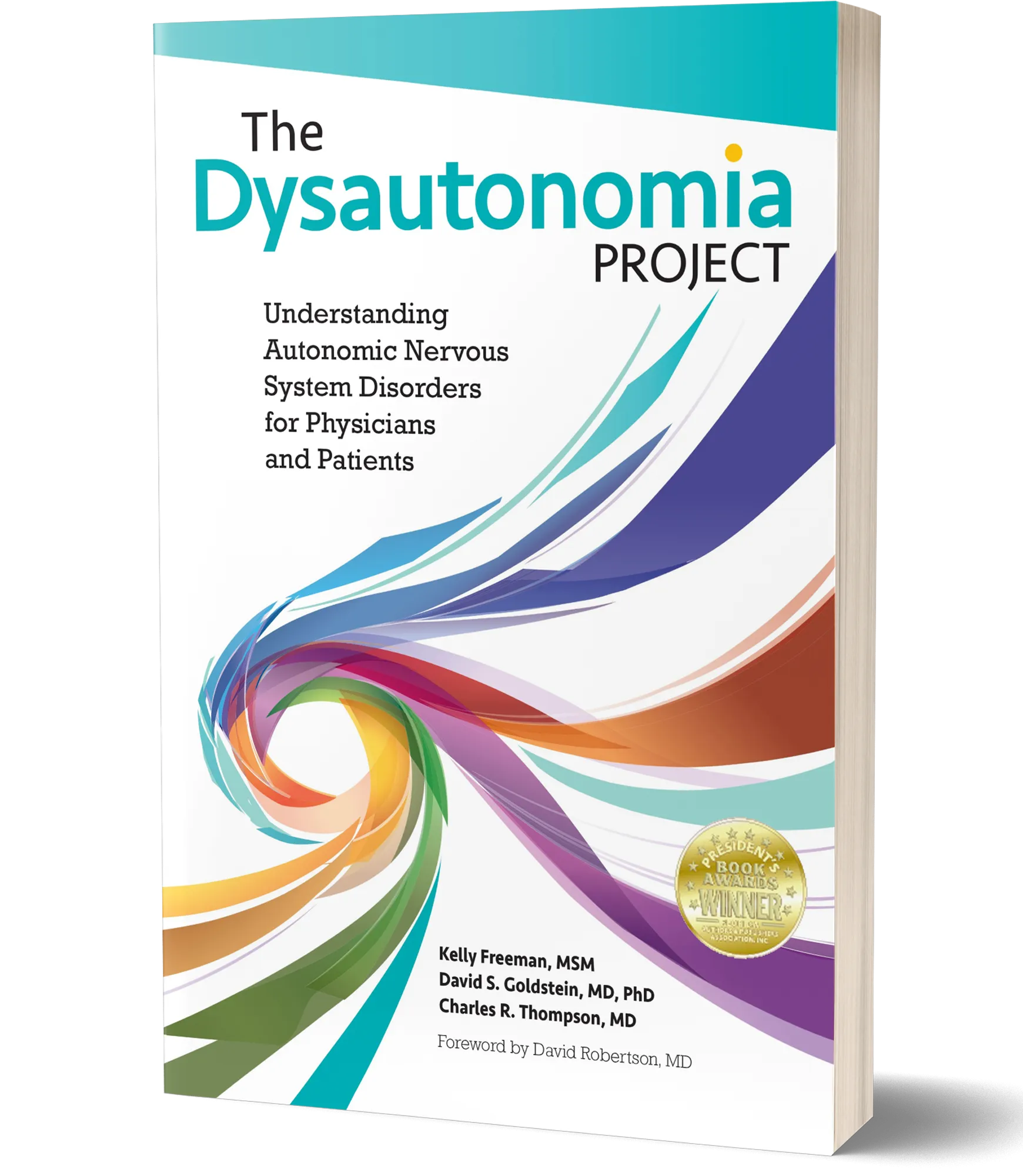
The Dysautonomia Project book has reached around the world as a much-needed tool for providers, patients or caregivers looking to arm themselves with the power of knowledge.
"I highly recommend this book to not only patients but physicians as well!"
"This book has helped my doctors feel empowered to treat me and recognize other patients who are similarly affected. It helped educate my own family too."
"If you are like me and have been pushing in hard for many years or maybe not so many years...for a diagnosis and just want more information on Dysautonomia conditions then this is the book for you!"
"Truly amazing book, an insight into Dysautonomia, informative and educational for both the patient, family and clinicians."
"Excellent book, on many levels, it helped with understanding links with gastroparesis and hypermobility amongst many other things."
"Very informative. The side of the page which is meant for medical professionals is still very readable for patients and provides all the useful info. Great if you've just been diagnosed or to take along to show your doctor."
"Great book with clear format for both patient and doctor. Lots of information, easy to understand."